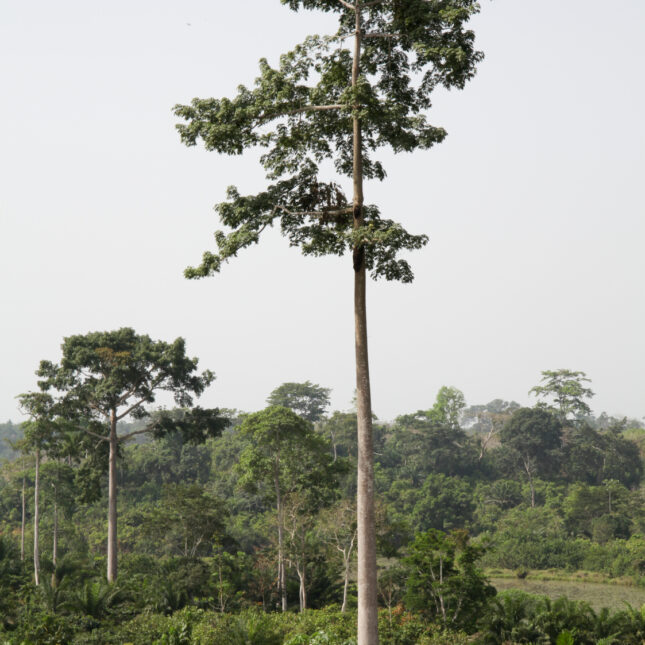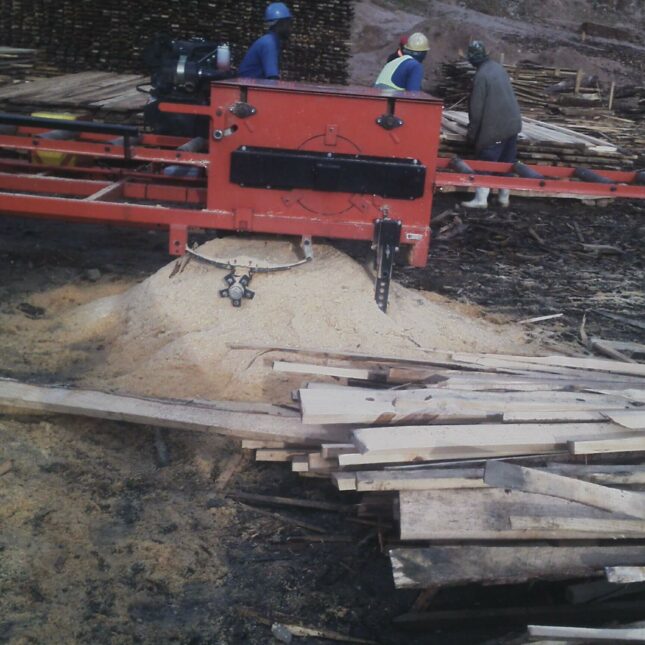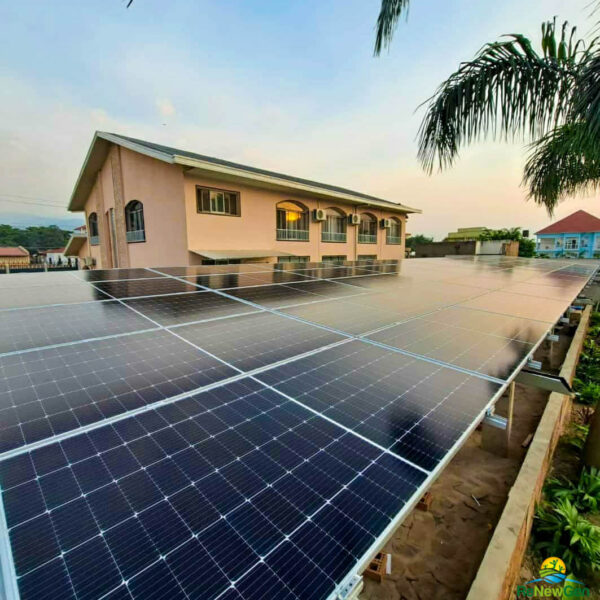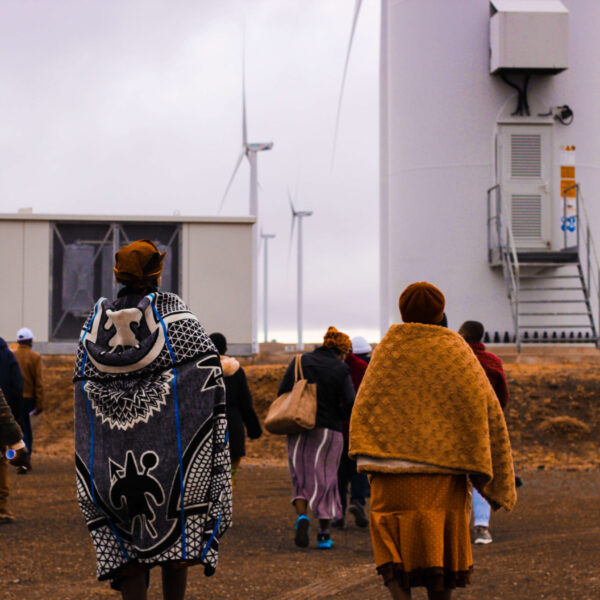Energy solutions through Uganda’s forestry waste
Key figures
Expected results
Energy solutions through Uganda’s forestry waste
About
If you enjoy a cold beer at the end of the working week, you are not alone; it’s the fifth most consumed beverage in the world. Despite prevailing economic challenges worldwide, 189 billion litres of beer were brewed in 2022/23, marking a 1.3% increase from the previous year. Africa’s beer market is even more effervescent: it is poised to grow more than 6% annually in the years ahead. And as the industry grows, so does its intense need for climate responsible energy. Beer therefore provides a huge opportunity for the renewable energy sector.
One African company leading the way is Xylo Group, a successor company to Destiny Corporation, a developer and financier of industry related energy projects in southern and eastern Africa. Destiny initiated a business case with a large international drinks manufacturer regarding an opportunity to raise their energy efficiency and simultaneously lower their carbon emissions, specifically at one of its breweries in Uganda. The brewer had long been importing heavy fuel oil – a highly polluting fossil fuel – and trucking it from the port of Mombasa over 1,000 kilometres away. They responded eagerly to finding an alternative domestically sourced renewable fuel.
Our support
Beer is not brewed with oil directly but uses steam as its primary strategic heat source. Destiny, proposed to cut out the fossil fuel running old and inefficient boilers by offering an alternative outsourced solution of investing and operating modern boilers capable of burning efficiently waste biomass, instead of heavy fuel oil to produce the steam for brewing the beer and the electricity for running the brewery. While this energy technology is renewable and low carbon, it offers particular strategic challenges. It can be difficult to negotiate agreements for a long-term sustainable biowaste source to provide an uninterrupted supply of steam for a better price than oil. Destiny identified a promising opportunity: waste chipped wood from Uganda’s highly active certified forestry plantations.
The nature of the arrangement with the brewer was for Destiny to operate the biomass facility independently, located just across the brewery fence. That meant Destiny had to take on all the risks, making it challenging to raise development finance and equity. Consequently, Destiny reached out to GET.invest for advisory support. Advisors from the GET.invest Finance Catalyst supported the company in reviewing the business case, structuring the financing, and make introductions to potentially interested strategic co-developers. Along with connecting Destiny to potential funding partners, the advisors also supported an environmental and social impact assessment that would be key to gaining a generation license for their plant, and in the assessment of the local biomass market relevant for the project.
Complementary to the GET.invest advisory support, Deutsche Gesellschaft für Internationale Zusammenarbeit (GIZ) funded the Environmental and Social Impact Assessment (ESIA) and the technical feasibility study, in respects of the amount of waste biomass available from forestry plantations. This applies to the beer brewing steam and to a minor extent to the electricity needs for the brewery plant and future scalability.
The outcome
With backup from the GET.invest Finance Catalyst, Destiny successfully reached financial close in September 2022 of the development finance. Thanks to the connections made by the GET.invest advisors, Destiny obtained the commitment of a strong strategic co-development and funding partner, Climate Fund Managers N.V. (CFM), who now own 51% of the project. Through CFM, Destiny was able to raise €1.8 million for further project development financing and €23 million of construction equity. Raising the financing from CFM also resulted in the formation of a new waste-to-energy platform company Xylo Group, which will jointly with CFM own this innovative project and any subsequent projects arising from it.
As a result, Xylo Group successfully secured a 4.5-acre site adjacent to the brewery for across-the-fence project implementation and signed a long-term biomass supply agreement from plantations. With their new plant busily producing steam, Xylo Group is also negotiating a long-term offtake agreement with the brewery. This means that over 7,000 tons of heavy fuel oil per year will be replaced by up to 40,000 tons of processed local forestry waste. It is expected that in the course of 2024 the construction of the biomass fuelled steam and electricity production facility will commence.
The beer market in Uganda, growing at a compound annual rate of over 9%, offers many more opportunities for renewable solutions. Xylo Group is now looking ahead to expanding to a second brewery in Uganda, and other regional breweries in the COMESA region of Africa. The conducted feasibility studies indicate ample availability of additional biomass in Uganda and regionally, rendering this project concept highly scalable. Meanwhile, the Ugandan government and other governments regionally are investing in more forest plantations and there are growing quantities of residues from agriculture, too. Even brewing spent grain and maltings dust, comprising agricultural organic matter from a brewery can be used in a biomass boiler. As the industry heats up, Xylo Group is ready to provide the steam and electricity.
Disclaimer: This story was last updated in June 2024.








